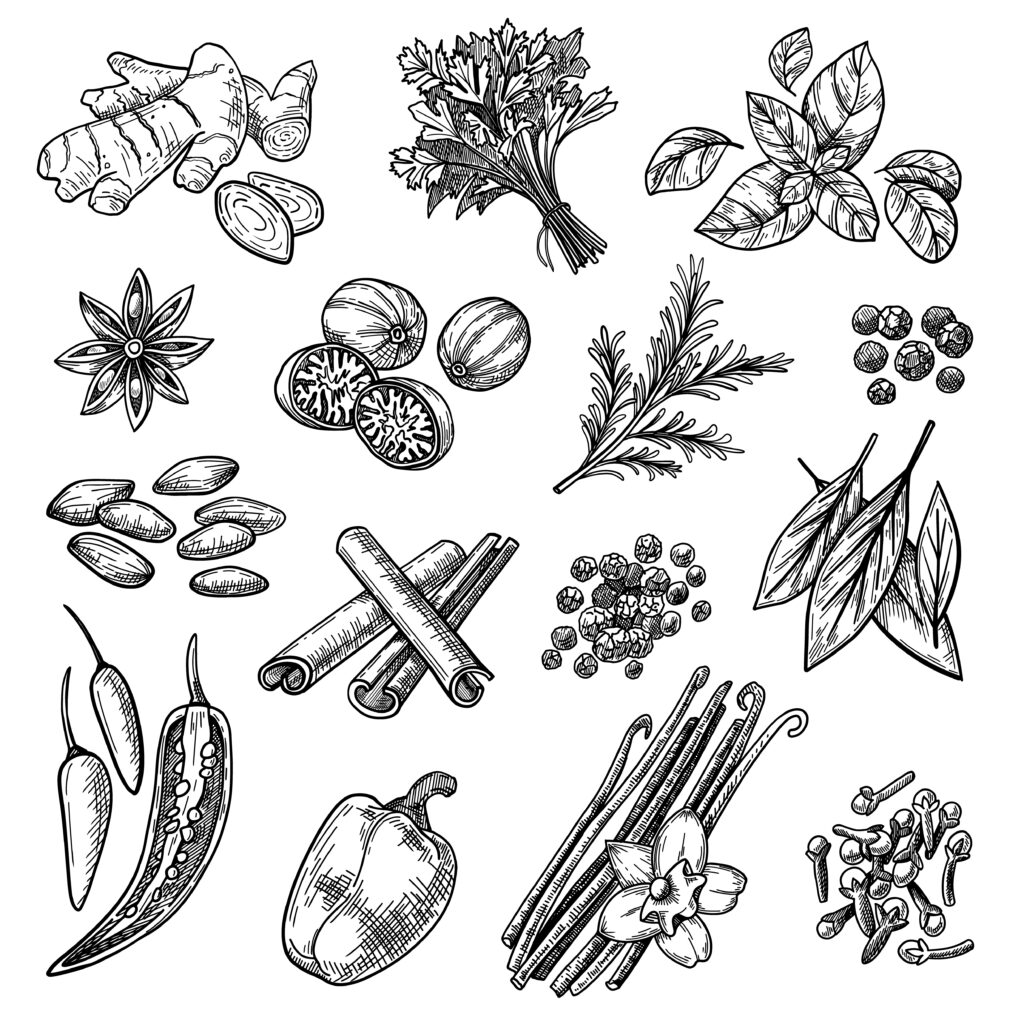“Let food be thy medicine and medicine be thy food” ~Hippocrates
Your miraculous body has been fighting off infections your entire life. People seldom give a thought to their immune system until they get sick. It keeps you alive while you worry about paying bills, planning your next vacation, or juggling multiple tasks to meet work deadlines.
You may reason that if the immune system protects you, why do you get sick? When this happens, it’s time to slow down and prioritise your health. The privilege of having an inner protective shield comes with a responsibility.
It may seem counterintuitive when you’re sick to trust your immune system, but consider, how would you function without it. “Your immune system is your body’s defence against infections and other harmful invaders. Without it, you would constantly get sick from bacteria or viruses,” The Johns Hopkins University School of Medicine.
You’re unlikely to be aware of infections unless your immune system is overworked or compromised since your body is constantly combating dangers without your awareness.
Your Body’s Defence

People instinctively know to strengthen their defences when they suffer a respiratory infection like the flu since they’ve observed their bodies’ healing abilities their entire lives.
A hot brew of honey, lemon, ginger, and garlic, for example, has long been used as a home remedy for boosting the body’s immunity against colds and flu.
The body uses mechanisms to expel the invaders, such as inflammation (which traps them), fever (which kills them), coughing, and sneezing (which expels them). As recommended, rest and hydration with fresh juices, clean water, herbal teas, and hot broths are needed.
What did it take for you to overcome the illness? Was it the juices or the other ingredients? Your body requires nutrition to function, but these nutrients will be useless if you don’t have a working immune system. If it weren’t for your body’s defence mechanisms, you wouldn’t have made it this far.
A car needs fuel and maintenance to transport you to your destination. Likewise, your immune system needs the tools to keep you safe, and it’s your job to provide it.
There are things you can do to keep your immune system in peak condition.
Manage Stress
Whether you’re escaping a lion or under pressure to meet deadlines, stress has the same effect on the brain. The body reacts by producing stress hormones in preparation for fight-or-flight responses.
Persistent problems keep hormones switched on, resulting in a plethora of health issues. Agreeably, doctors admit that the majority of visits are due to stress.
“Medical research estimates as much as 90 percent of illness and disease is stress-related. Stress can interfere with your physical functioning and bodily processes. High blood pressure, cardiovascular disease, and heart disease have been linked to stress factors,” NASD.
Therefore, minimise stress in your life to boost your immune system’s efficiency. Setting boundaries can help you manage stressors like people, work triggers, and the news. Keeping your mind calm automatically turns off cortisol, which helps stabilise your bodily systems.
Important things to remember:
Eat Well

pch.vector
We rely on the land’s wondrous and abundant variety to be healthy. It contains antimicrobial herbs, spices, seeds and leaves that have been scientifically verified.
When you use them in your salads, teas, and drinks, you boost your resistance against invaders. Reducing harmful, stress-inducing lifestyle choices like smoking, excessive drinking, and gambling helps keep your immunity strong.
The key to eating properly is to cook with natural ingredients and to include fresh and raw foods in your diet as much as possible, like salads, fruits, vegetables, seeds, and green smoothies. Also, hydrate with plenty of clean, filtered water.
Your immune system is either weakened or strengthened as a result of your lifestyle and eating choices. The goal is to learn more about how the body functions and what naturally helps your immune system. The body’s healing power is in your hands.
https://nasdonline.org/1445/d001245/stress-management-for-the-health-of-it.html